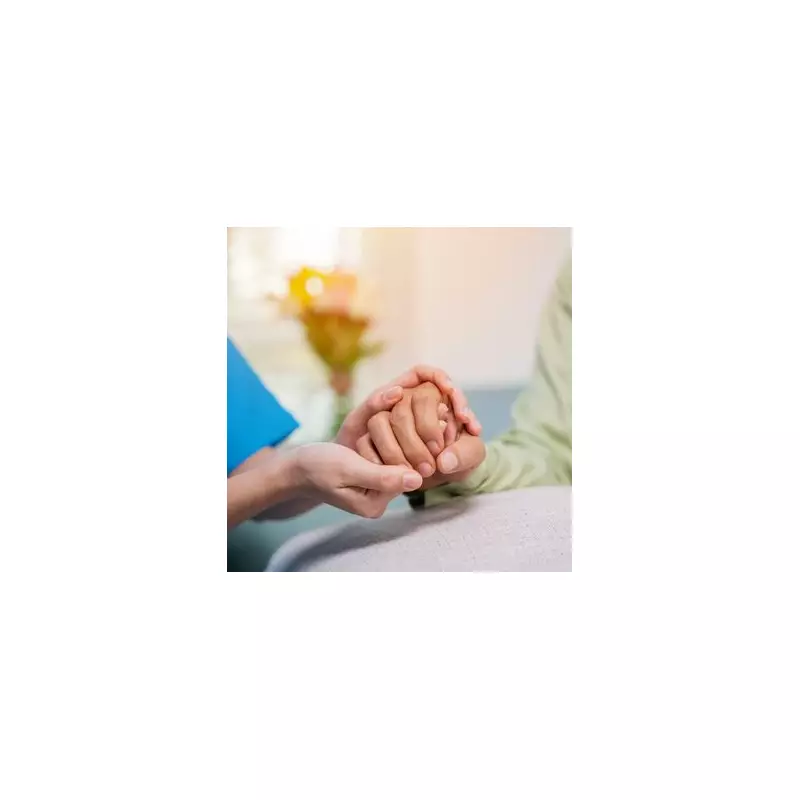
A hospice nurse has opened up about the often-overlooked signs that indicate someone is nearing the end of their life, offering invaluable guidance for families preparing for the inevitable.
The Unspoken Truths About Dying
With years of experience in palliative care, the nurse explains that many people don't recognize the subtle changes that occur as death approaches. "Families are often caught off guard," she says, "but these signs are nature's way of preparing us."
Key Indicators That Death May Be Near
- Decreased appetite and thirst: The body naturally begins shutting down, requiring less nourishment.
- Changes in breathing patterns: Irregular breathing or long pauses between breaths become common.
- Increased sleep: Patients may sleep most of the day as their energy reserves deplete.
- Social withdrawal: Many naturally turn inward, conserving energy for the essential.
- Cool extremities: Circulation decreases, often making hands and feet feel cold to the touch.
The Emotional Journey for Families
The nurse emphasizes that understanding these signs can help families provide better comfort and avoid unnecessary medical interventions. "It's about quality of life in those final days," she explains. "Sometimes the kindest thing is simply being present."
She also addresses the common guilt families feel when their loved one stops eating. "This is a natural part of the process," she reassures. "Forcing food can actually cause discomfort at this stage."
Creating Peaceful Final Moments
The article concludes with practical advice for creating a comforting environment:
- Keep the room softly lit and at a comfortable temperature
- Play gentle music or familiar sounds if the patient enjoys it
- Speak calmly and share meaningful memories
- Respect the patient's need for quiet when appropriate
"Dying is as natural as being born," the nurse reminds readers. "With understanding and compassion, we can help make it a peaceful transition."





